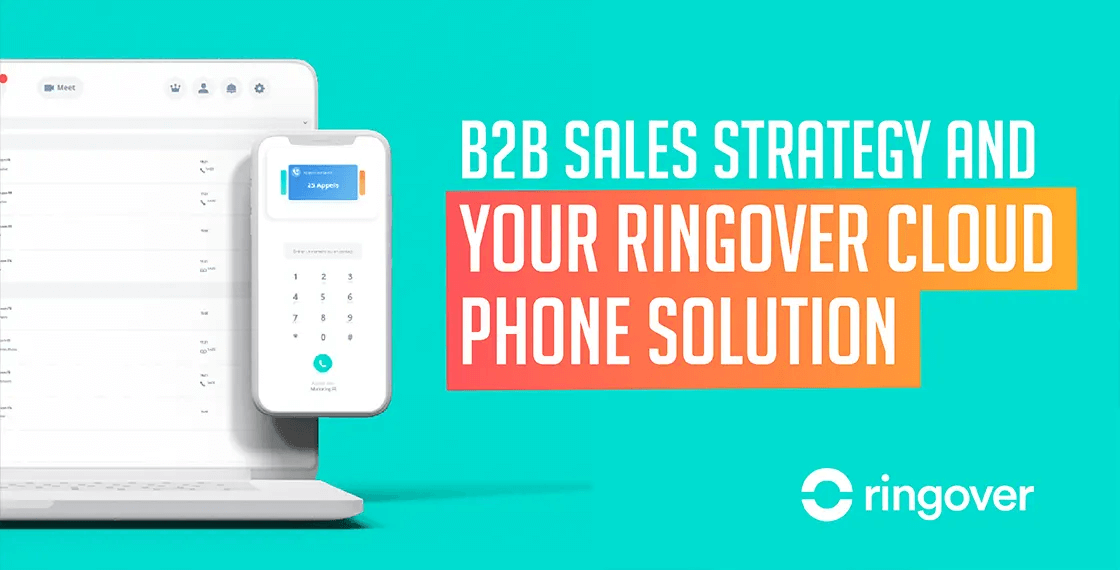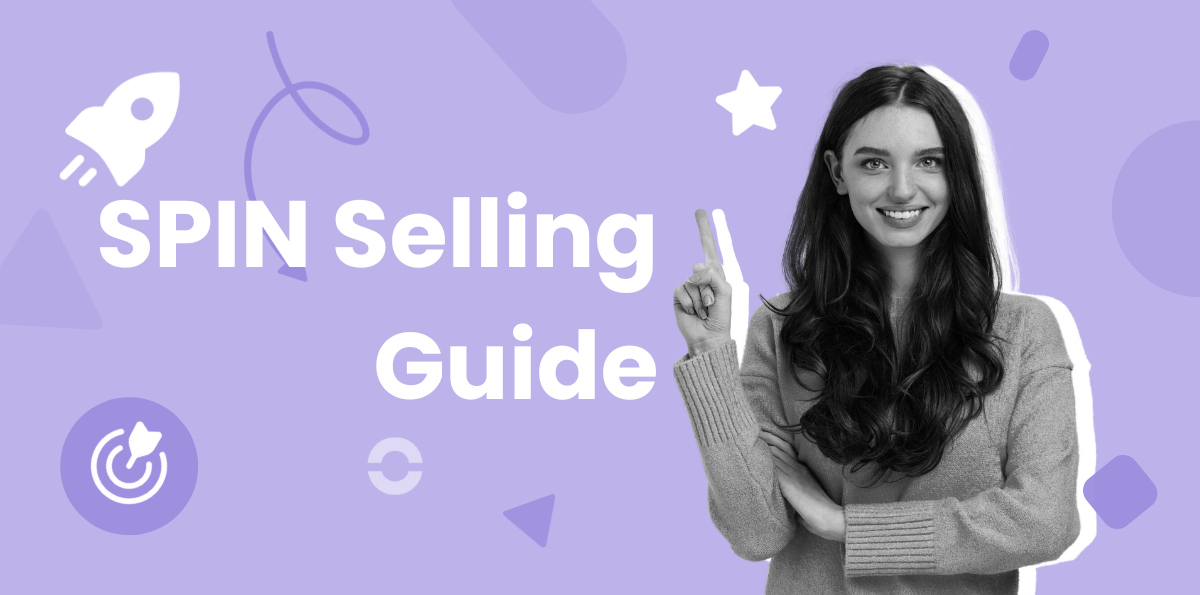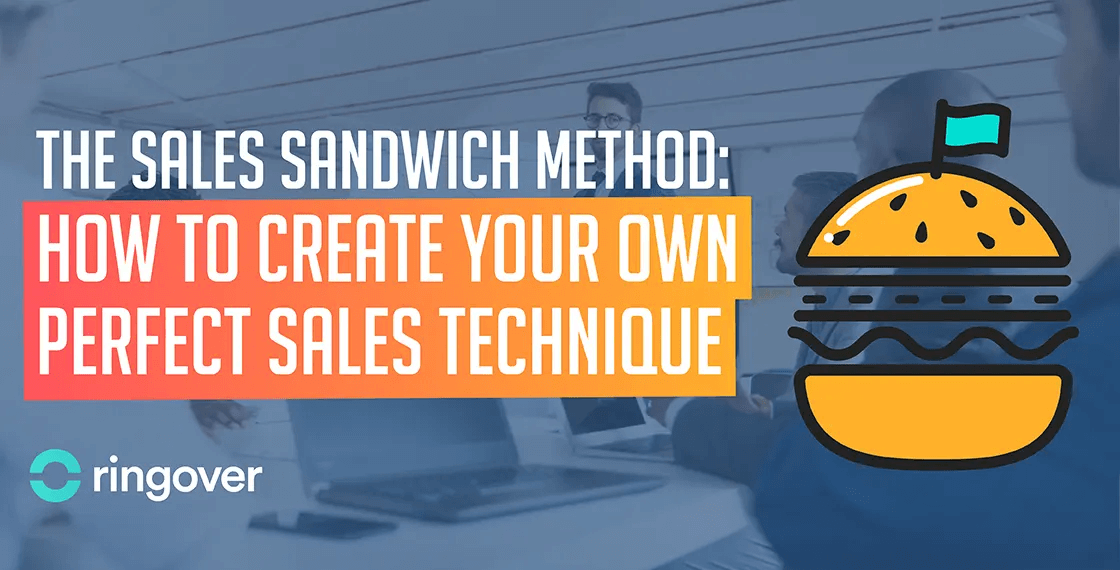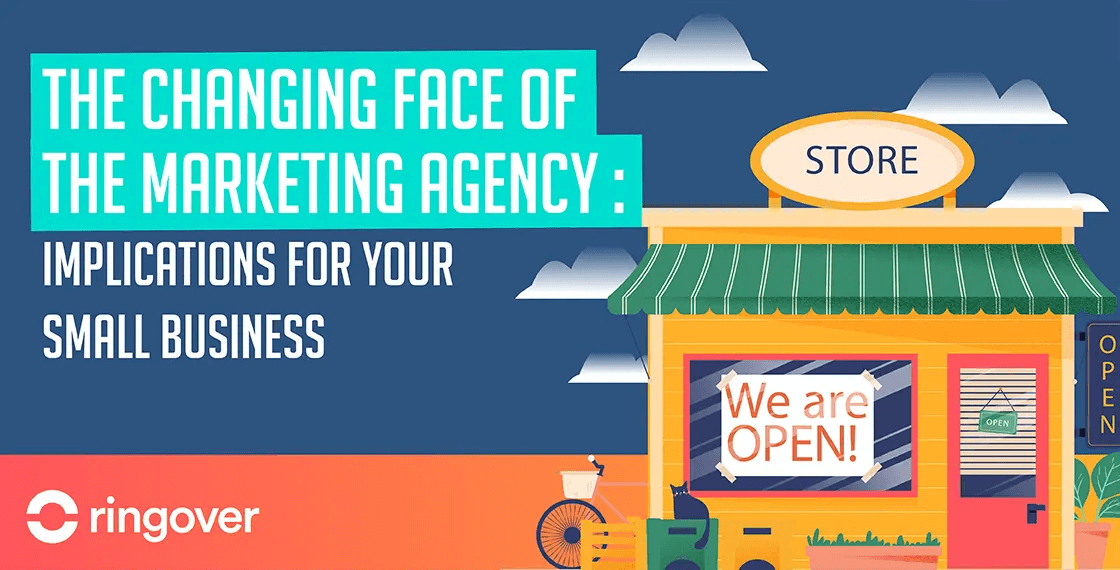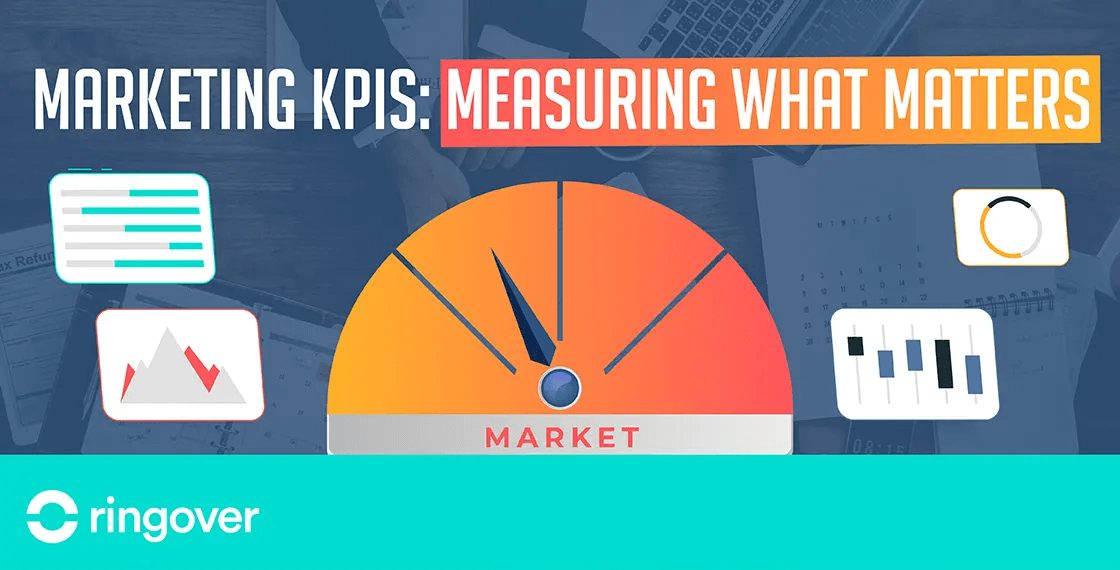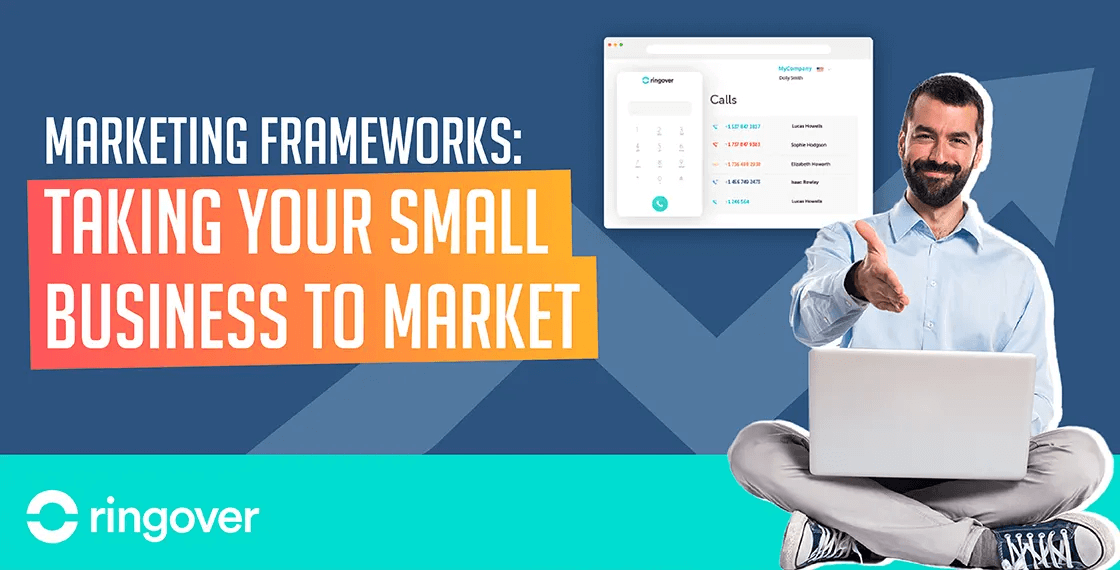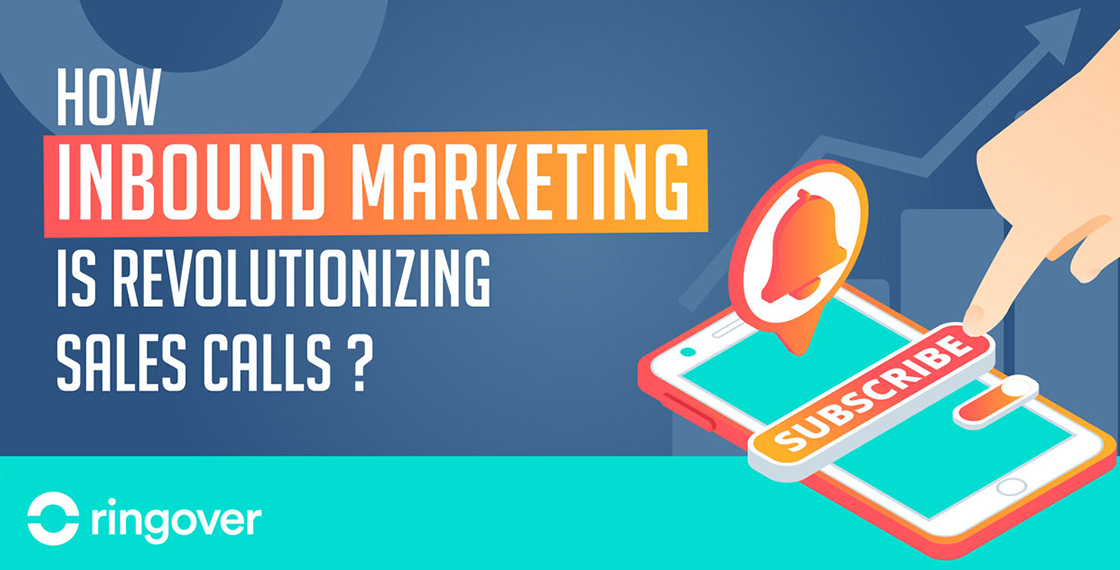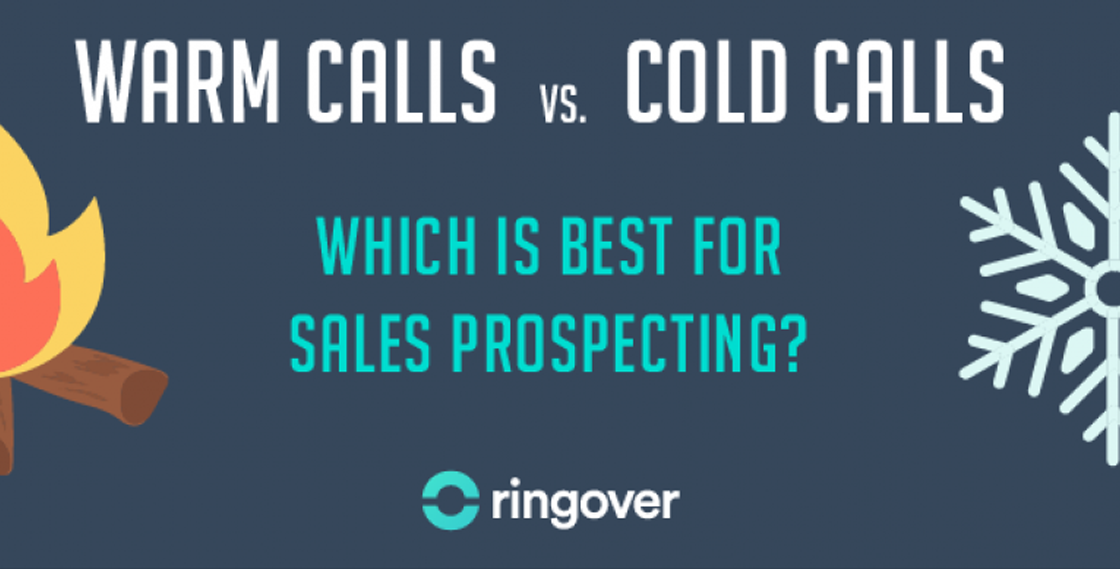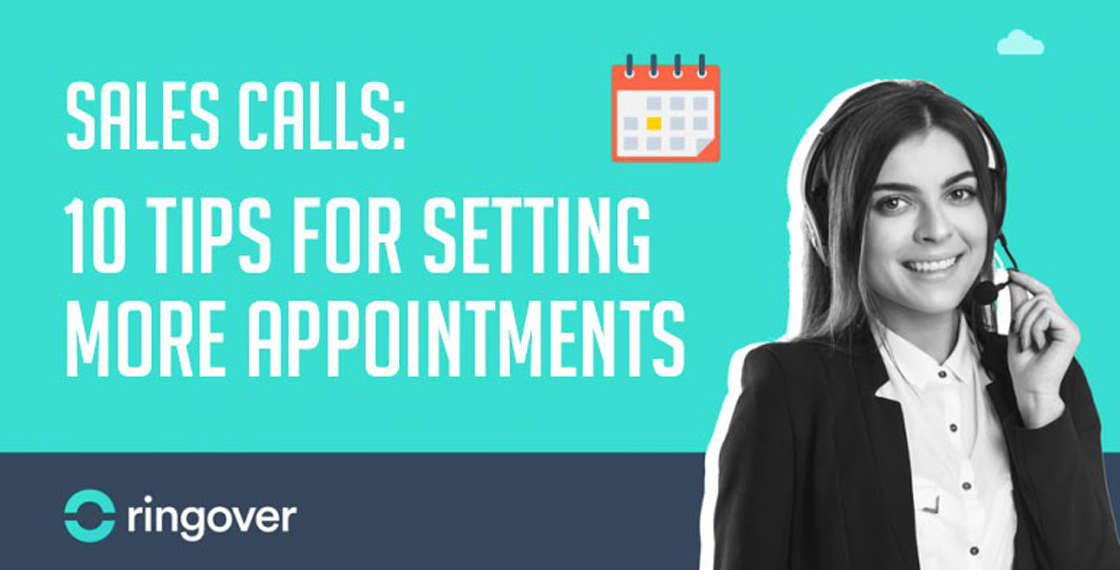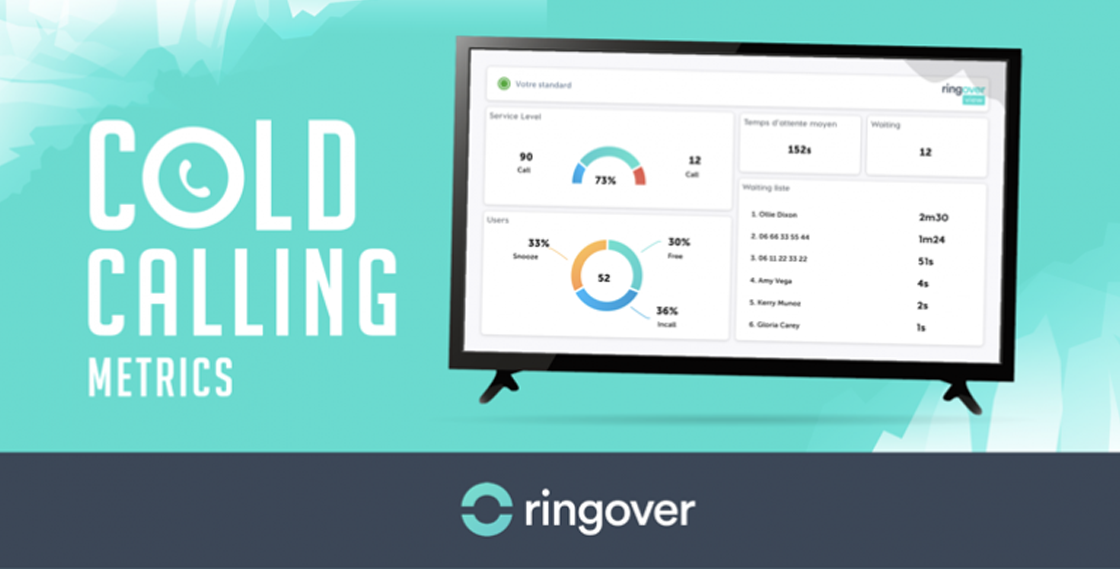While phone prospecting doesn't always get a good reputation, it's still an impressive business leverage point if done right. What are the main points of it? How to establish an effective and convincing sales pitch How to turn your phone prospecting into a success story
So, what is phone prospecting?
“Phone prospecting” (also referred to as “telemarketing”) is the sales activity of prospecting through phone calls. This activity can be carried out in a call centre, where several call agents work, from home as an independent telemarketer, or directly from a sales prospecting service within a company.
Generally, a phone prospecting campaign doesn't aim to directly sell a product or service, but rather aims to get an appointment booked with a sales agent to support the sale process or quality of prospecting record. Prospecting call agents work mainly ahead of the sale process, before sales agents get involved.
The interest in using phone prospecting
The objectives can vary from company to company, and from campaign to campaign:
Getting to know your target better
A phone conversation with a prospect gives your teams the key to better understanding their issues and challenges. It'll then be easier for them to target their needs and showcase how the product or service they're selling can benefit the customer. A qualification call can lay the foundations for a relationship of trust between your agent and your prospects, who won't see them as just another sales agent, but rather as someone who can help them.
Boost your company's reputation
A calling campaign gives your agents the chance to chat with people who may or may not know of your company, and to introduce them in more detail to your brand and business. It's a real asset when it comes to improving your reputation on the market, and gives you a chance to answer any questions your target may have.
Update your database
Your prospect record is an essential element in developing your business. An outbound calling campaign can let you check the information you have and update it, if necessary.
Generate prospects
A phone calling campaign is a great way to generate prospects. Unlike other types of prospecting, such as SMS campaigns or emailing, phone prospecting means you can establish a genuine connection with your prospects and get a better insight into their needs. You agents can instantly see how the person they're calling reacts and then adapt their pitch accordingly to meet their needs.
How to create a phone prospecting plan
Preparation is key before you take on phone prospecting.
The first step consists of putting together a qualified prospect record. Information and data in this base must be up-to-date: Phone number, address, main contact (if it's a B2B prospect), etc. You can carry out this qualification process yourself by using an inbound marketing approach, for example. Another option consist of entrusting the task to an external partner, making sure that data quality and compliance with the General Data Protection Regulation (GDPR) and CNIL guidelines is maintained.
Then, you'll need to precisely define your sales pitch and plan out every last detail of it. Drafting a sales script is the best way to ensure calls are efficient and effective, whilst making your sales agents' work a little simpler. The first 10 seconds of a call determine how the rest of the conversation will go, and whether you'll succeed in convincing prospects not to hang up. A phone pitch should also include your main selling points and potential reactions to the main objections from your prospects in order to respond and resume the conversation effectively.
Lastly, clearly define an objective for your phone prospecting campaign, and help your agents to practice so that they can improve from call to call.
For more on this subject, you might enjoy this article: Sales scripts - templates & good practices
How to be more efficient when phone prospecting
In order to boost your chances of success when phone prospecting, here's some tips for your agents:
Work on your voice
Your agents' voices will be the first interaction that your prospect will have with your company. It should be sympathetic and understanding, without forcing enthusiasm. Effectively, the main aim of an initial call is to inspire a sense of trust and to spark the interest of your prospect. The tone used must therefore combine confidence with authenticity.
Build your self-confidence
In the world of sales, your agents can only convince prospects to believe in them and their pitch if they do themselves. It's essential to practice and keep this concept in mind throughout the call, whatever their level of experience.
Warm-up calls
A cold call without any prior interaction with your prospect isn't likely to result in anything positive. A way of avoiding this difficulty involves “warming up” your call with an email or LinkedIn message sequence sent in advance. This has a double-sided effect, giving context to your call, “I'm just calling you following on from my email on 23 February regarding X”, and avoiding the whole “Send me an email and I'll take a look” spiel.
Listen to the prospect
The best sales pitch can go west if it isn't adapted to the situation and needs of your prospect. Your agents therefore need to avoid simply reading out the script without paying attention to the prospect's responses, asking questions to supplement their pitch. In particular, for B2B sales prospecting, it's essential that you properly understand the company's business, so that you can optimally respond to the challenges it faces. This requires the use of active listening to engage a geniuine conversation with your prospect.
For more on this subject, you might enjoy this article: How to unlock the benefits of active listening during sales calls
Create a relationship based on trust
The aim of phone prospecting is to create an initial connection with your prospect, which can potentially lead to an effective sales relation. If your prospect is asking questions about the service or product you're selling, its options and limits, and even aboujt its pricing, answer them transparently and as best you can to build a sense of trust.
Stay persistent (yet always respectful) towards your prospect
In phone prospecting, you'll often have to overcome several failed attempts before succeeding. An initial phone conversation is rarely conclusive, and you'll need perseverance to reach your goals. The chances of achieving your objective (conversation, making an appointment, even a sale) will increase exponentially each time you call the same prospect.
As we mentioned earlier, actively listening to your prospects will allow you to collect strategic information to adapt your pitch with each interaction in order to meet your goals. Phone prospecting is all about the long game!
Inbound marketing for phone prospecting
We mentioned it earlier, so now it's time to look at how inbound marketing can play a key role in your phone prospecting strategy. First things first - what is it?
Inbound marketing is a marketing strategy that consists of attracting customers using content that is useful to them. It's thus a question of understanding your customers' needs and providing them with the relevant information, articles, studies or white papers, so that you can catch their attention, draw them in, and initiate a trusting relationship.
Inbound marketing is particularly useful as part of a phone prospecting strategy. Effectively, what limits most traditional prospecting is the fact that most of the people contacted are “cold” prospects, meaning that you've never had an interaction with them before, and they may not have even heard of your business. However, thanks to inbound marketing, you'll attract your potential customers through content that interests them, so it'll be them initiating the relationship. Using a contact form, allowing you to upload your content, means you'll even be able to collect precious information on your prospects that can then be used to facilitate future phone calls and sales pitches. We refer to this as “lead generation”.
For more on this subject, you might enjoy this article: How inbound marketing revolutionised phone prospecting.














